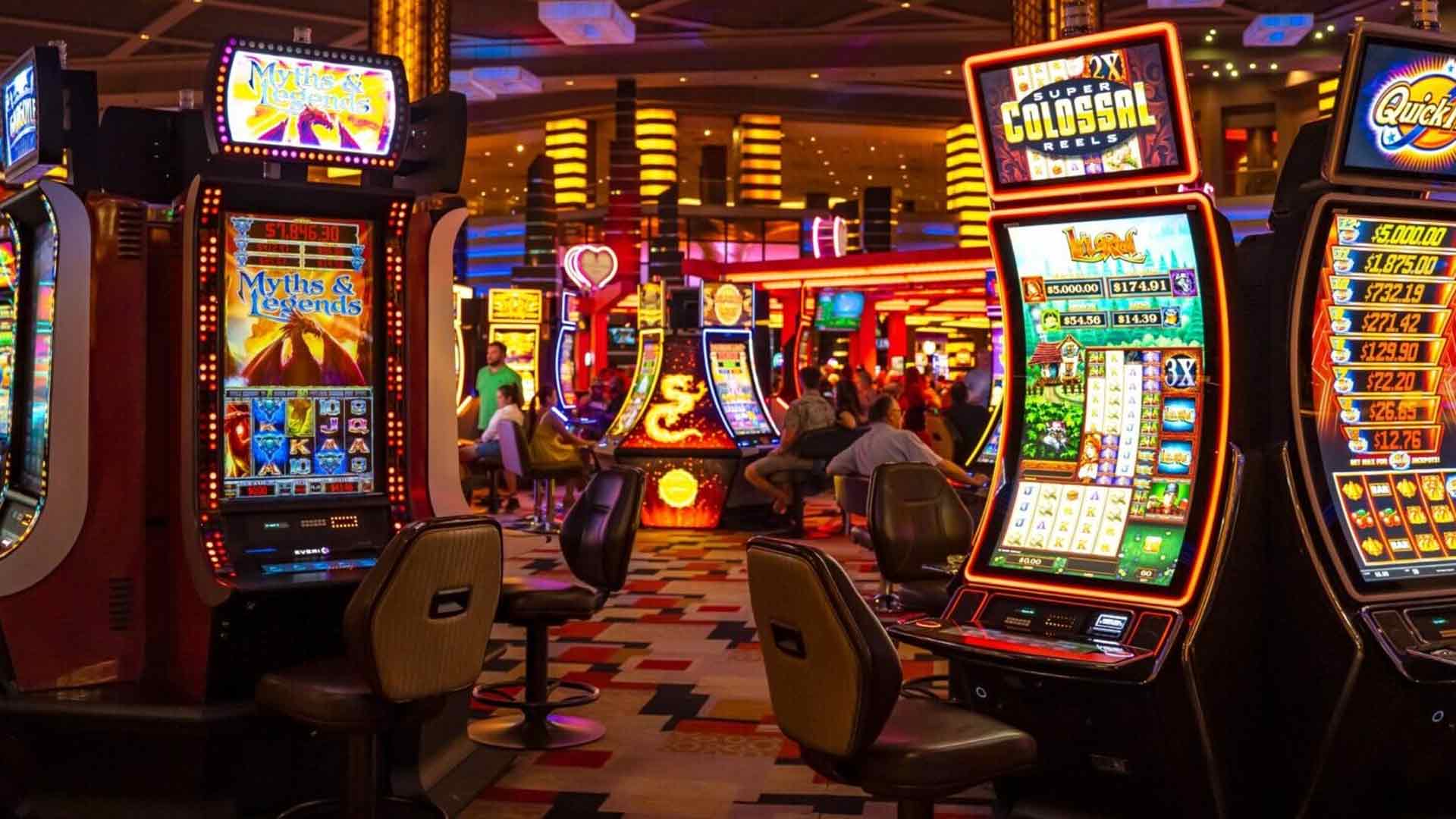Casinos and the Fragile Line of Luck

Casinos and the Fragile Line of Luck
In the glittering world of casinos, where the clinking of chips blends with the whirring of slot machines, a timeless drama unfolds: the dance between human hope and the cold, hard mathematics of chance. At its heart, the casino industry thrives on the allure of luck, promising dreams of immense fortune with just one spin or a single hand. Yet, beneath the dazzling lights and vibrant atmosphere lies a fragile line, easily crossed, that separates exhilarating entertainment from the pitfalls of problem gambling.
For centuries, the concept of luck has captivated humanity. Whether it's the thrill of a winning lottery ticket or a fortuitous turn of events, the idea that an unseen force might bless us with good fortune is deeply ingrained in our collective psyche. Casinos expertly tap into this innate desire. They are meticulously designed environments where every detail, from the layout of the gaming floor to the strategic placement of sounds and lights, is crafted to amplify the sense of excitement and the belief that a big win is just around the corner. Popular games like blackjack, roulette, and poker draw players in with a mix of skill and chance, but it's the sheer unpredictability of games like the slot machines that truly embodies the raw appeal of luck. The chance to hit a life-changing jackpot on a single spin is a powerful fantasy that millions chase every day, both in physical establishments and through the convenience of online casino platforms.
However, the 'luck' offered by casinos is far from random. It operates under stringent mathematical principles, primarily the "house edge." This inherent advantage ensures that, over the long run, the casino will always make a profit. For instance, while a roulette wheel might seem to offer a 50/50 chance on red or black, the presence of the single or double zero pockets tilts the odds ever so slightly in the house's favor. Similarly, slot machines are programmed with a specific Return to Player (RTP) percentage, meaning they will pay back a certain percentage of wagered money over time, but never 100%. While individual players might experience significant wins, the aggregate ensures the casino's profitability. This fundamental truth is the cornerstone of the casino business model, a reality often overshadowed by the emotional highs of a winning streak.
The fragile line of luck emerges precisely when this understanding fades, replaced by an emotional attachment to winning or, more dangerously, a compulsive need to recover losses. What starts as a harmless pursuit of entertainment can quickly escalate. The psychological high associated with a win can lead to an exaggerated sense of confidence, while losses can trigger a desperate urge to "chase" lost money, leading to ever-larger bets. This cycle can be insidious, transforming responsible gambling into a potentially devastating addiction. Problem gambling not only impacts an individual's financial stability but also strains relationships, damages mental health, and can lead to severe debt and even criminal behavior in extreme cases. Recognizing the signs—spending more than intended, borrowing money to gamble, neglecting responsibilities—is crucial for individuals and their loved ones.
To navigate the world of casinos responsibly, awareness is key. Understanding the house edge and accepting that gambling is primarily a form of entertainment, not a guaranteed path to wealth, is vital. Setting strict limits on time and money spent, and sticking to them, is paramount. Many reputable online platforms, including those offering popular games like slot m88, provide tools for self-exclusion, deposit limits, and reality checks to help players maintain control. Responsible gaming initiatives aim to provide support and resources for those who find themselves struggling, emphasizing that seeking help is a sign of strength, not weakness.
In conclusion, casinos embody a fascinating paradox: they are playgrounds of fortune built upon the certainty of mathematical advantage. The "fragile line of luck" is the point where the thrill of chance morphs into the peril of compulsion. While the allure of a big win remains a powerful draw, enjoying the entertainment value of gambling responsibly requires discipline, self-awareness, and a clear understanding of the true nature of odds. Ultimately, the house always wins in the long run, making informed play and self-control the ultimate winning strategy in the complex world where luck and reality intertwine.